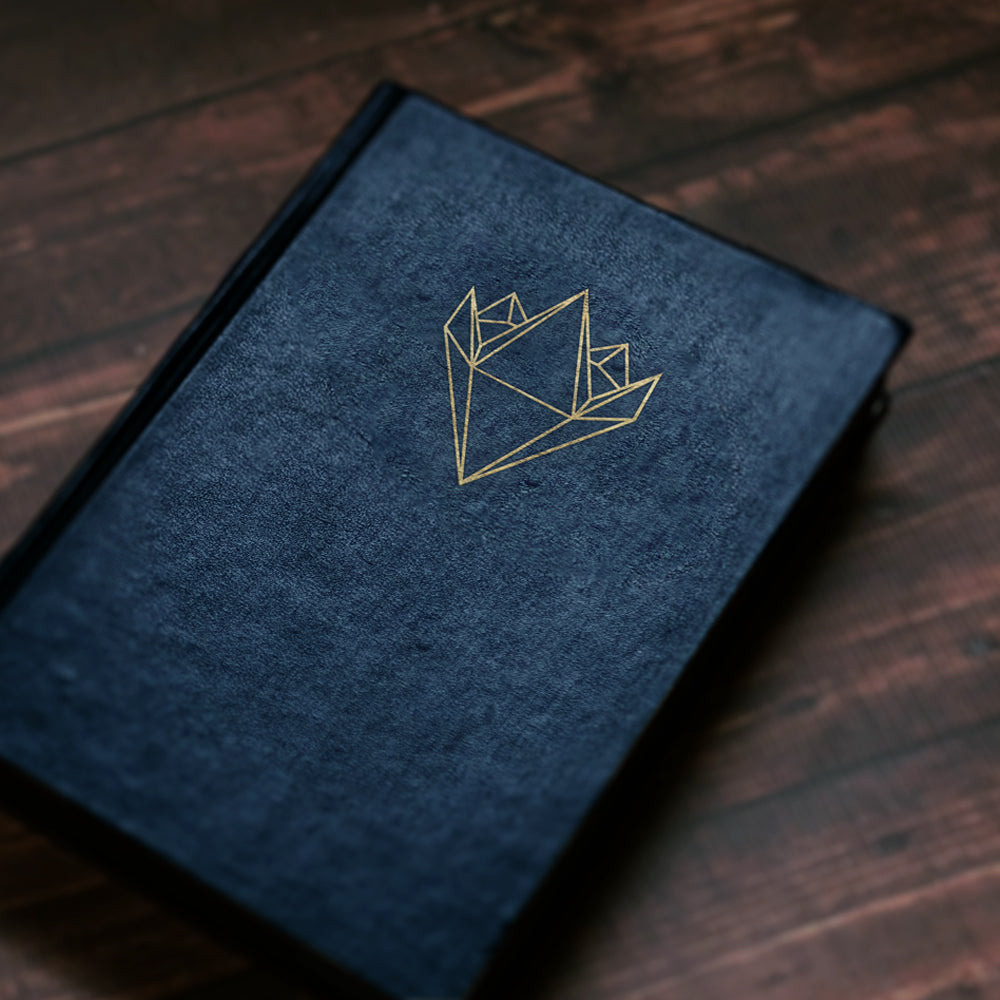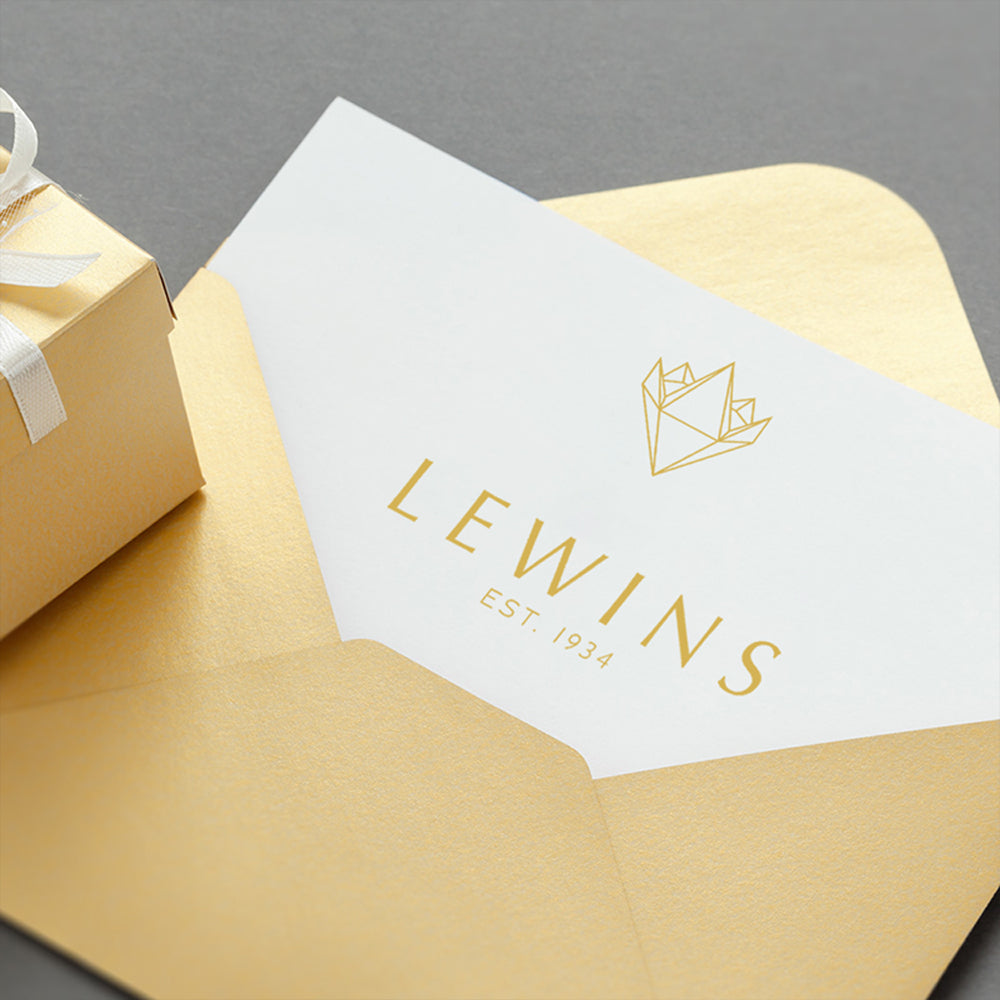This ring comprises of three stones to symbolise the beautiful message of 'past, present and future'. It impresses highly, with an oval mixed cut morganite set centrally to represent the 'present'. It is flanked on either side by round brilliant cut diamonds, securely set within a white gold bezel setting and respectively represent all of the memories of the 'past' to the 'future' hopes, dreams and promise of more memories to be made. The ring is mounted within hallmarked 9ct rose gold.
Material: 9ct Rose Gold
Brand: Lewins
Style: Trilogy
Primary Stones: Morganite, 1 Oval Mixed Cut, apx. total weight 0.62cts
Secondary Stones: Diamonds, 2 Round Brilliant Cuts, apx. total weight 0.05cts
Birthstone: Diamond - April
Anniversary: Diamond - 10th, 60th
Ring Size: N
Weight: 2.05 grams
Jewellery Odyssey:
Trilogy, originates from the Greek word ‘trilogia’ which was created from the prefix ‘tri-’ meaning 'three' and the suffix, ‘logos’ meaning ‘story’. In jewellery vocabulary, the term is used to refer to a piece that contains three stones and is most commonly associated with rings. Just like the storytelling of ‘trilogia’, Trilogy Ring's have many meanings: “friendship, love and devotion”, “family” and most popular “past, present and future”. The classic trilogy ring includes three diamonds. Other variations include a colourful gemstones, as either the centre stone or as the side stones.
Gem Lore:
Morganite - is a pink variety of the beryl family, and possesses a range of shades from orangish pink to bluish pink. The gemstone was discovered in Madagascar in 1910, by George Kunz, who named the stone after his friend John Pierpont Morgan (a well known American financier and gemstone lover). Morganite with a peach overtone, is frequently set within rose gold, to compliment the gemstones warm hue. Today, morganite is thought to symbolise sweetness and romance.
Diamond - derives from the Greek word ‘adamas’, which translates to ‘invincible’. Today, the meaning somewhat refers, to the gemstones excellent hardness (ranking 10 on Mohs' scale), hence diamonds are highly resistant to be scratched or abraded by another material, other than diamonds itself. Moreover, diamonds possess the magical phenomenon of fire, which relies on the facetted gemstones ability to disperse (split) light, into a rainbow of colours.
The ancient Egyptians thought diamonds symbolised life, and the Pharaohs were known to place the gemstone in the centre of an ankh cross. Whereas, the ancient Greeks believed diamonds to be the tears of the gods or broken splinters from fallen stars. Alternatively, in ancient Roman literature it is noted that Cupids arrows were ‘diamond tipped’, maybe one of the first references that associates the gemstone with love.
Ring Resizing Service - How To Request Your Size:
If the current ring size listed under the details section, does not match your requirements. Please complete the enquiry form: including the reference code of the ring, which is located above the price, along with the ring size you need.
We will assess the feasibility of your request and provide you with a quotation for the bespoke alteration. If you decide to proceed, we will email you a link to review and process your customised order.
*Please Note: our resizing service typically requires a timeframe of 10 to 14 working days to complete. Rings that have been resized, cannot be returned for an exchange or refund.
Can Any Ring Be Resized?
No, depending on the design and setting, some rings cannot be resized. Whilst other rings can be safely resized up or down, by one to four sizes.
Are There Limitations To Resizing Rings?
Yes, it is important to appreciate that rings are made to fit their current size. When a request is made to significantly reduce the current size, it can result in the band developing an oval shape. Equally, increasing the size beyond a certain point, can alter the curvature of the band. Such modifications can potentially compromise the stability of settings, that hold gemstones securely in place.
As a result, there are limitations on how much a ring can be resized without compromising its structural integrity. If a requested size change impedes the durability of the ring, alternative solutions such as incorporating a half shank or soldered beads, if appropriate can be suggested.
Remember there is only about a 1mm difference between each whole ring size. For more information on what to consider when finding your size, read our blog: "The Factors Affecting Ring Size”.
Jewellery Care Precautions:
Avoid direct contact with: perfume, lotions, skincare, hairspray / other chemicals. Remove, your jewellery: when showering, swimming (as both chlorine and saltwater will react with metals), washing your hands / using hand sanitisers, before going to bed or when participating in physical activities (going to the gym, exercising, gardening, housework etc….).
Beware, metals may tarnish over time due to oxygen contact and natural body oils. Prevent items from being exposed to moisture and direct sunlight, for long periods. Store jewellery in a dry place away from humidity, in a pouch/jewellery box and keep each piece separated from each other. Care, for your jewellery by cleaning with a soft dry cloth.
Rose Gold:
Rose gold is not an element and does not occur naturally in a pure form. Pure yellow gold is mixed with alloys of copper and sometimes silver to produce, a reddish pink coloured alloy, known as rose gold. The colour and depth of rose gold will vary, depending on the ratio of yellow gold to copper. The lower the carat of yellow gold, the higher the copper content, the deeper the colour. The colour of 9ct rose gold will be a deeper reddish-pink, 14ct rose gold will have a subtle rosy pink colour and 18ct rose gold, will show a soft champagne pink colour with a yellow undertone.
Over time and especially in humid conditions, the copper alloy naturally oxidises with the air, causing rose gold jewellery to develop a deeper reddish patina. Seen frequently in antique rose gold jewellery, this patina takes years to develop and adds a desirable vintage essence to the jewellery.
Whilst rose gold jewellery will not discolour easily, it is important to avoid exposure to household chemicals, bleaches, toothpaste, baking soda and other cleaning abrasives. Wearing jewellery in places where perfumes, hairsprays, body lotions have been applied on your body, will increase tarnishing. Wear your jewellery after the products have been applied. To clean your rose gold jewellery, use a mild soap with warm water and dry with a soft cloth. For professional cleaning, our workshop can polish your jewellery back to life.
Morganite, Beryl:
Hardness: 7.5 | Toughness: Good | Stability: Good
Mild Caution, Avoid: Sudden Impact (knocks), Heat, Jewellery Cleaners (ultrasonic, steam cleaners).
Gemmological Observation: Clean with mild soapy water and dry with a soft cloth.
Diamond:
Hardness: 10 | Toughness: Good | Stability: Excellent
Low Caution: A very durable gemstone, generally it is safe to use in; Jewellery Cleaners (Dips, Ultrasonic, Steam Cleaners).
Gemmological Observation: Diamonds have excellent hardness, this means only a diamond can scratch/abrade another diamond. To avoid scratches, store your diamond set jewellery separately. Diamonds only have good toughness, as they possess perfect cleavage. This means that if knocked in the wrong direction, the diamond can cleave/fracture. Whilst wearing, you will need to avoid: Sudden Impact (sharp knocks). If the diamond is heavily fractured, you will need to avoid using: Jewellery Cleaners (ultrasonic, steam cleaners).

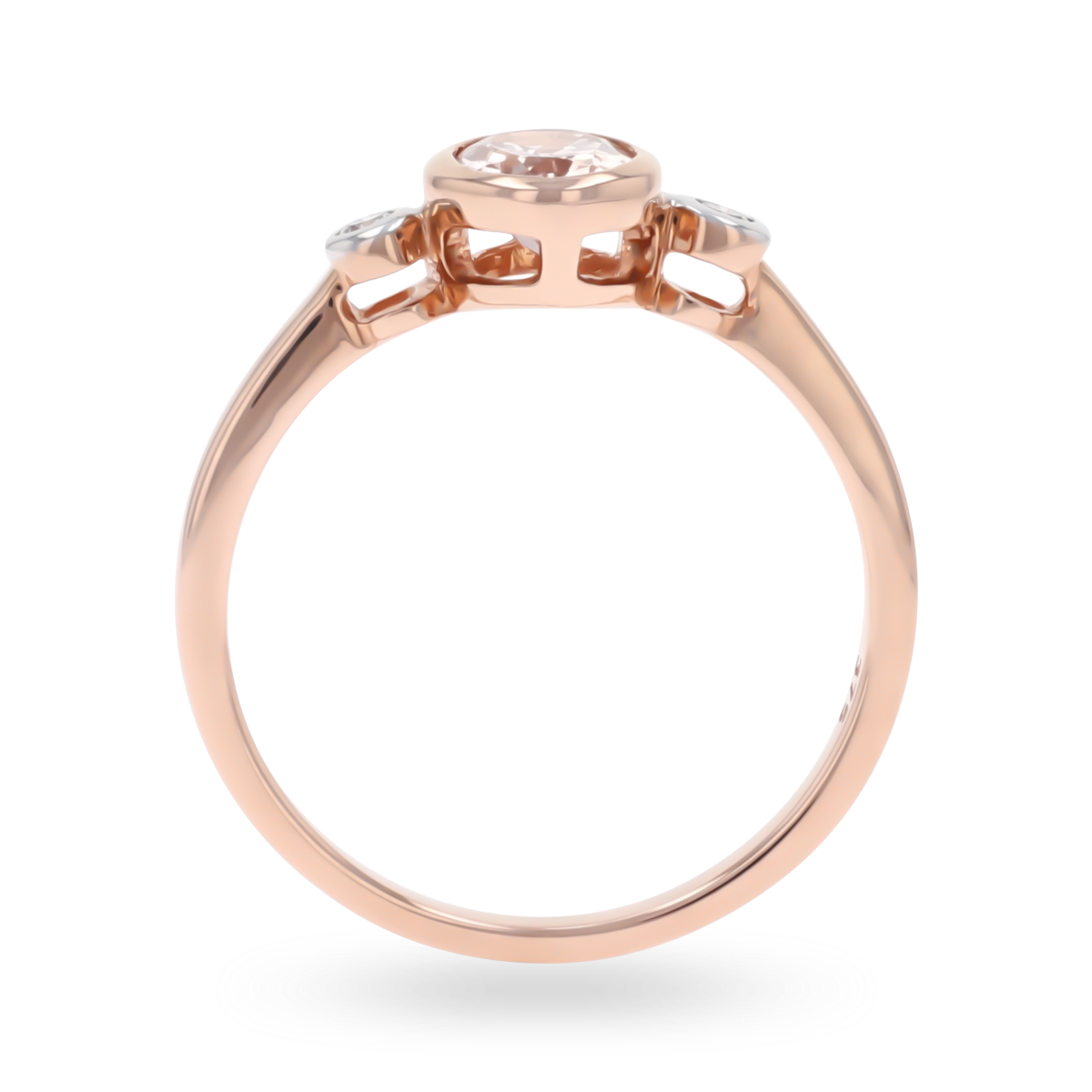


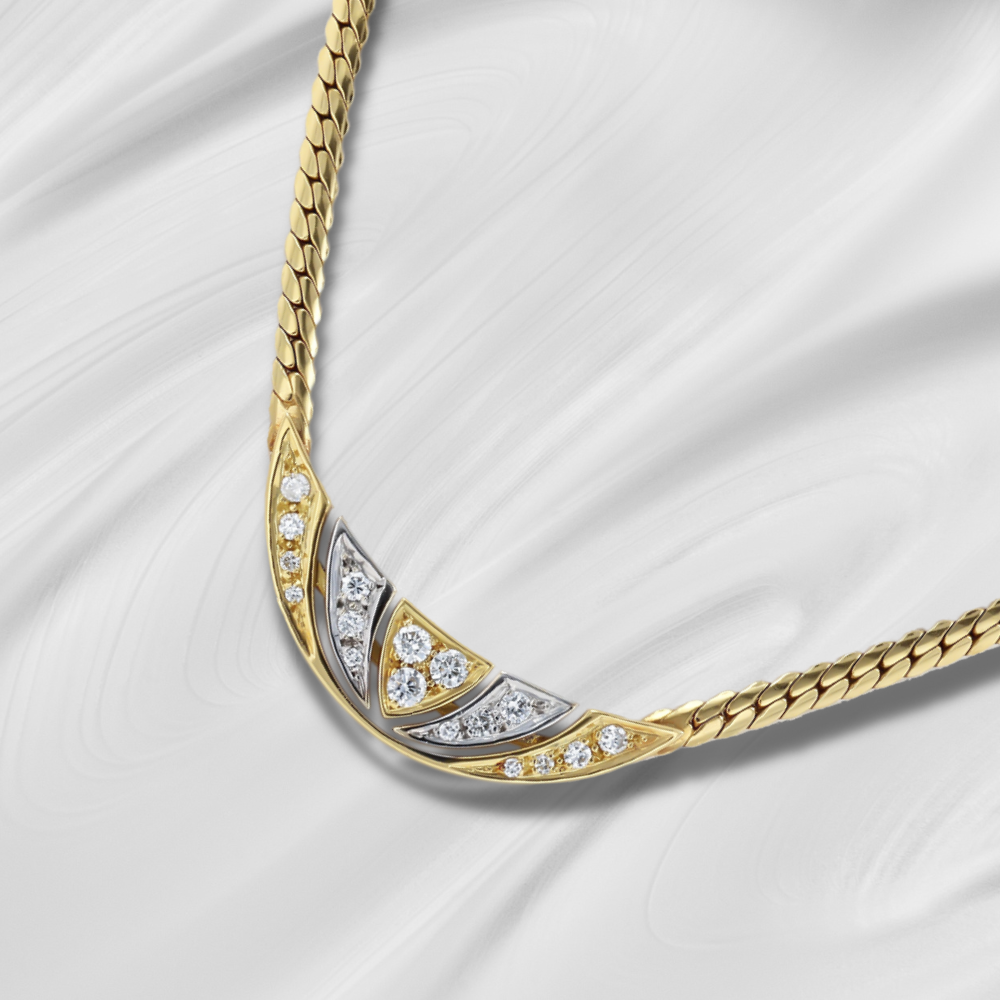
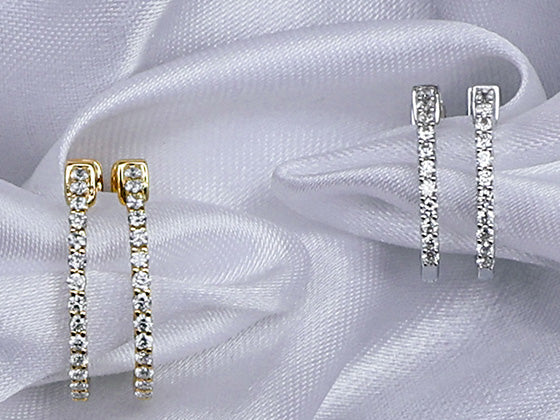
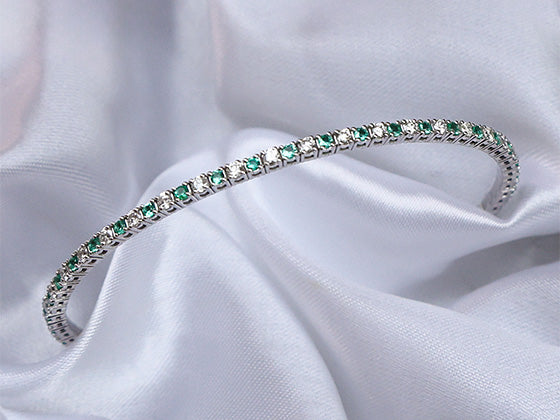

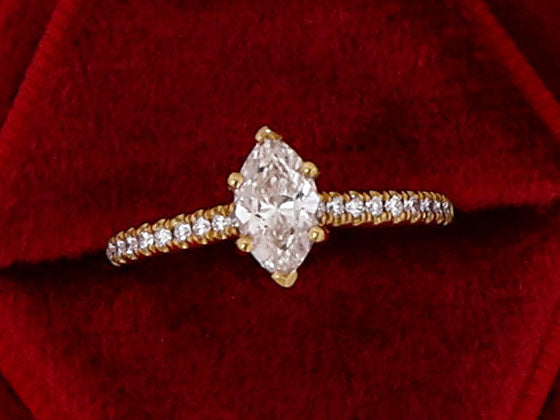
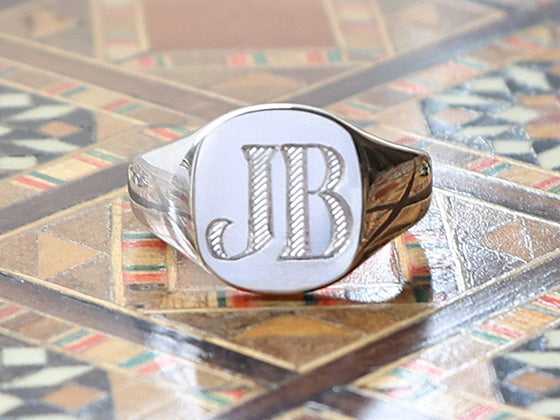
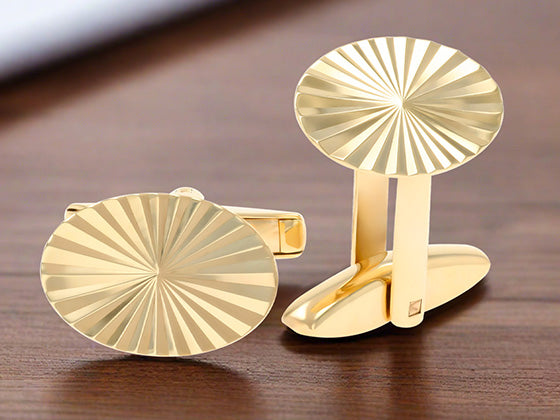
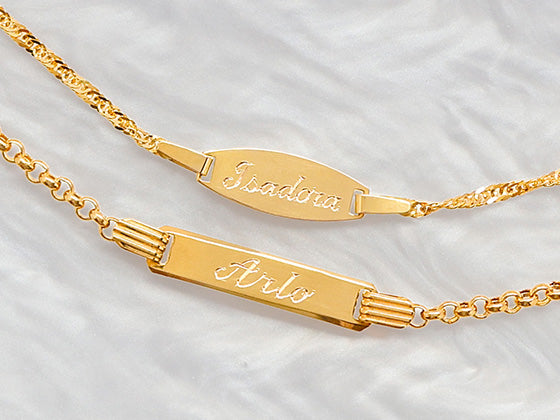
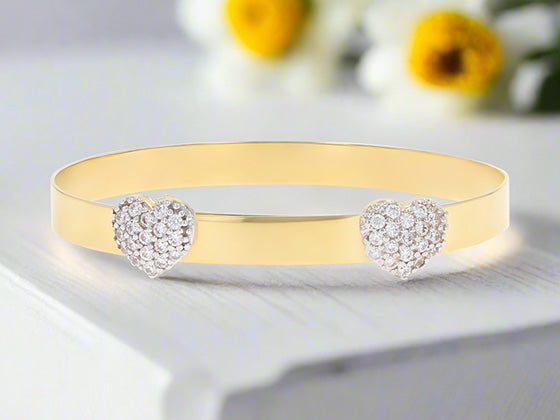
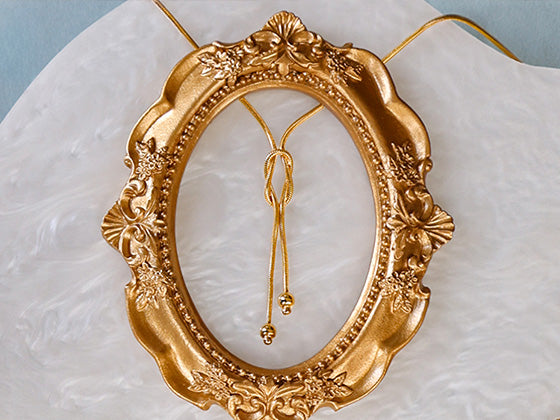
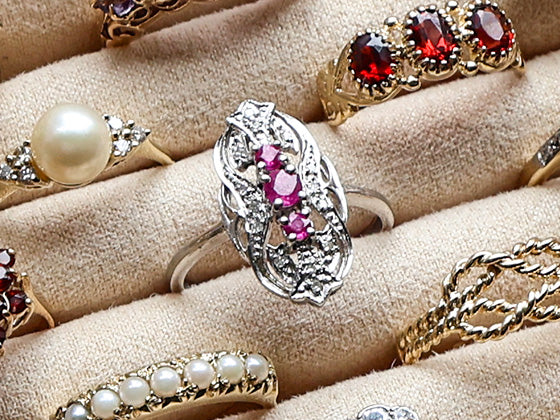
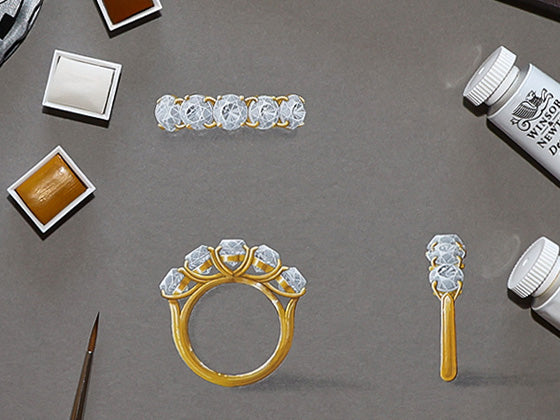
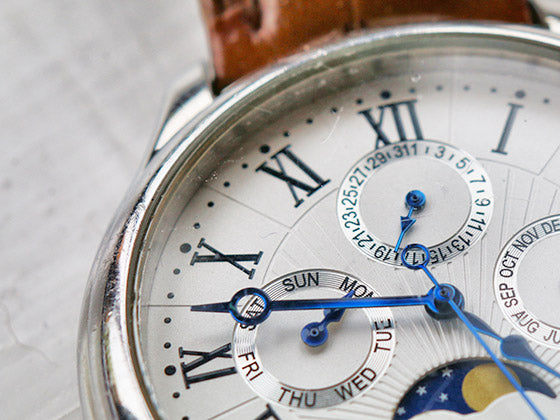
 Contact Us
Contact Us






